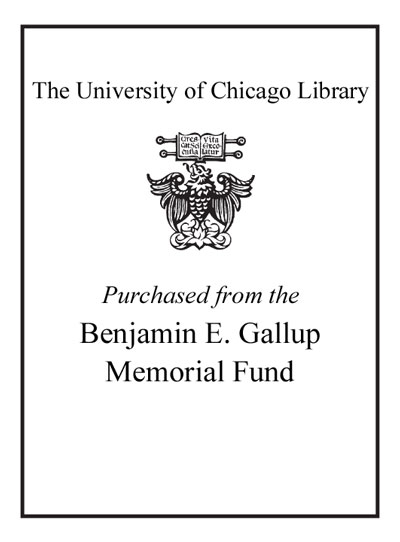| Summary: | "An ambitious examination of one of the most important theological and liturgical texts of the Middle Ages - the homiliary of Paul the Deacon commissioned by Charlemagne - and the first comprehensive study of its earliest witnesses, a resource for all those interested in Charlemagne, medieval liturgy, theology, and preaching. As one of the most widely used products of Charlemagne's religious and cultural reforms, the homiliary of Paul the Deacon is a unique monument in the history of Western Europe. Completed around AD 797, this collection of patristic homilies and sermons shaped the religious faith and liturgical practices of the churches in Carolingian Europe and those of countless other churches over the course of a millennium of use. Until now, scholarly study of the homiliary has rested on seven partial witnesses to the collection. This study, however, draws on over 80 newly identified witnesses from the Carolingian period, while providing a brief guide and handlist to hundreds of later manuscripts. It replaces the current scholarly reconstruction of the homiliary, discusses the significance of the collection's liturgical structure and provisions, and considers the composition of the homiliary in the context of Charlemagne's reforms and Paul?s patron-client relationships. The study also brings together evidence for the production and use of this text in thirty-three Carolingian monasteries, cathedrals, and churches. The book then addresses the homiliary's theological character: the contents of the homiliary reflected a concern for expressing and defending orthodox doctrine at Charlemagne's court against Trinitarian and Christological heresies, as well as an urgent attention to moral reform in the light of a belief in the imminence of divine judgement. Finally, the study demonstrates the varied uses of Paul's collection and its historical legacy."
|
|---|

